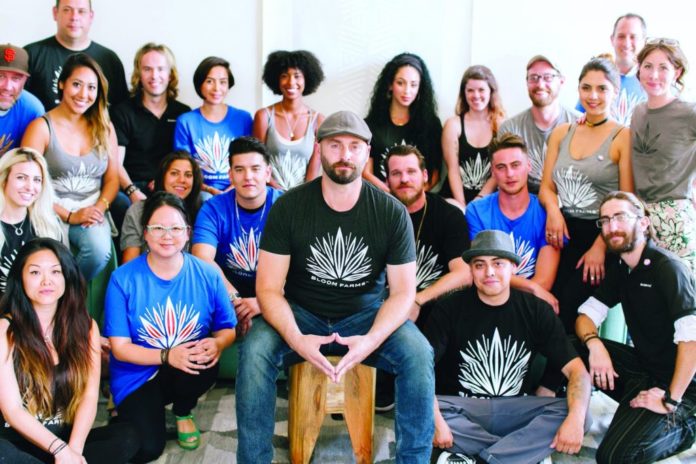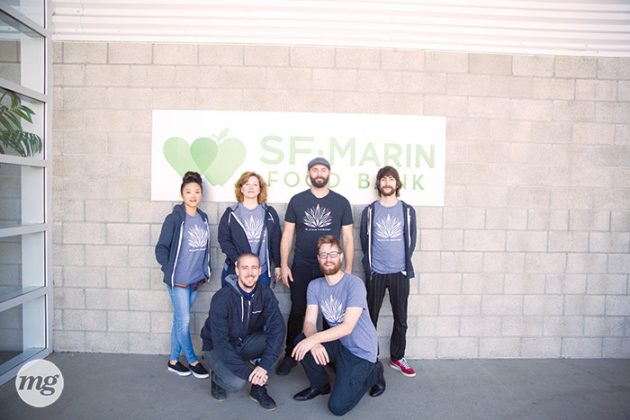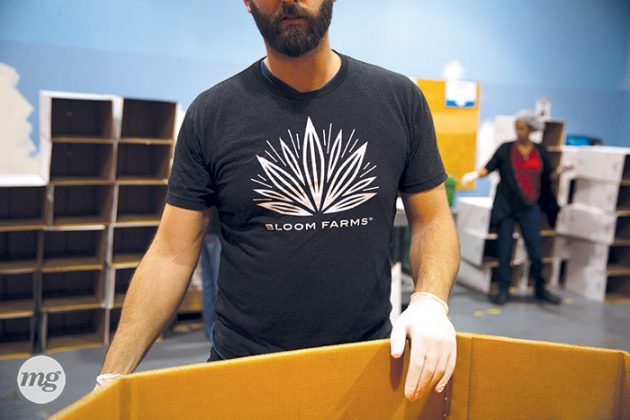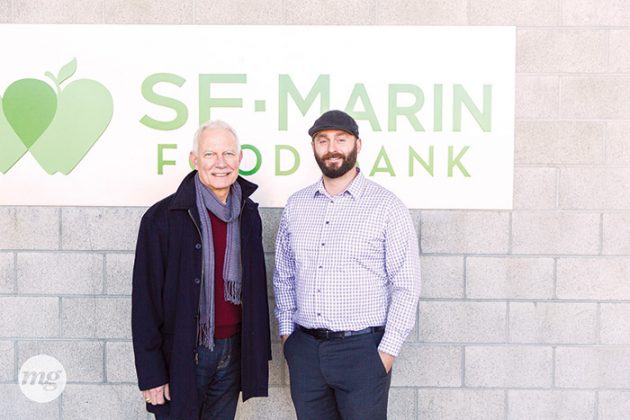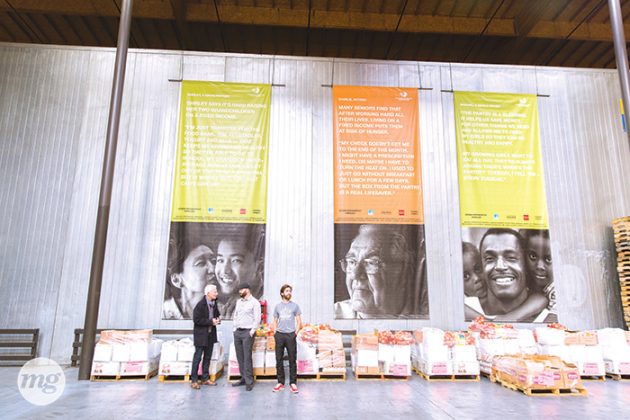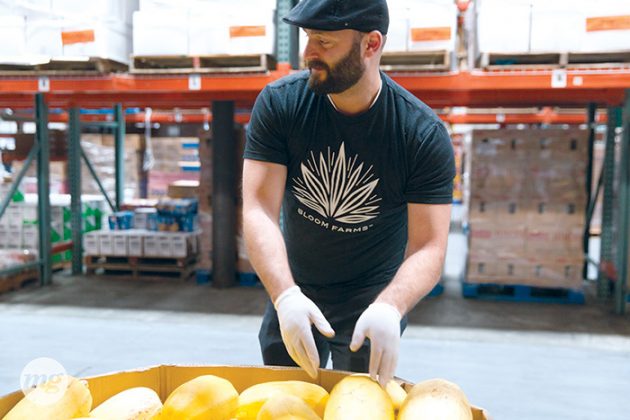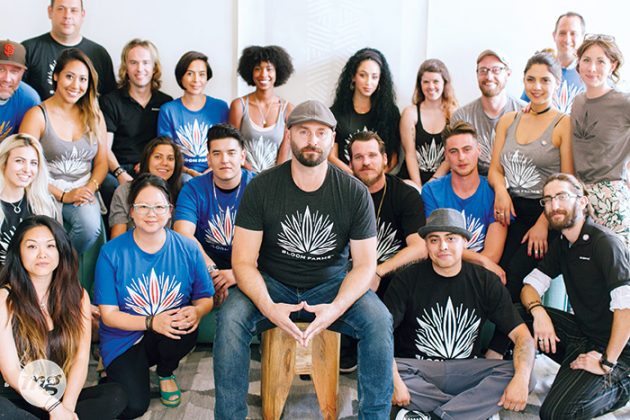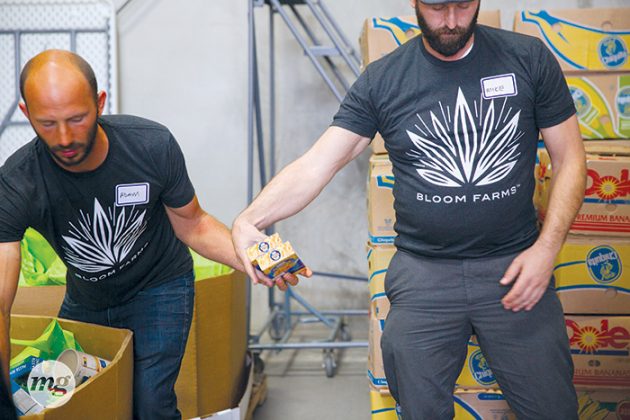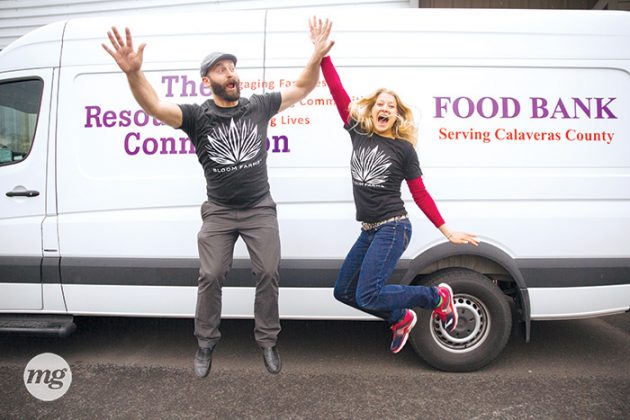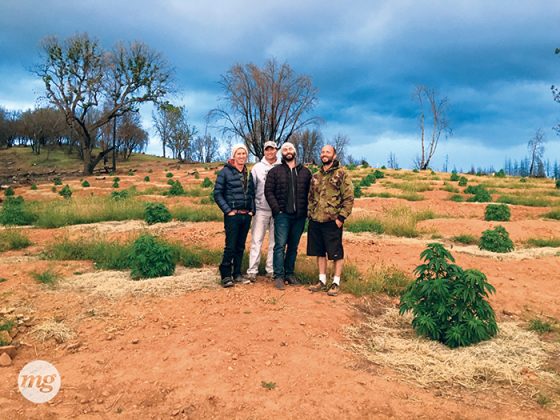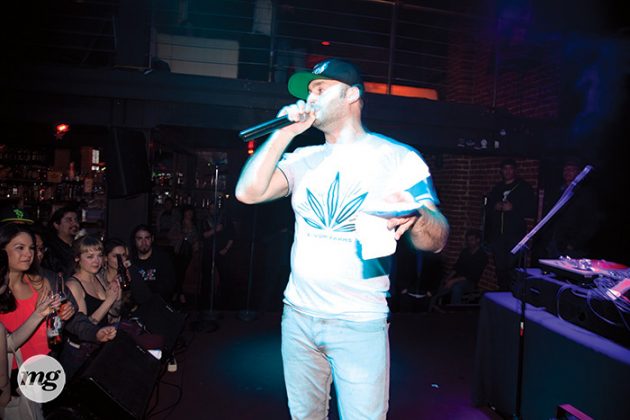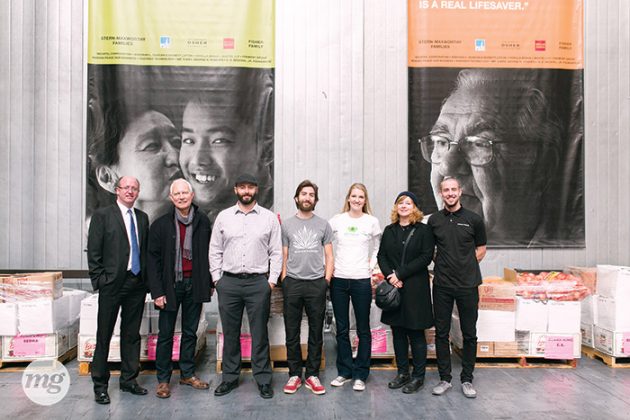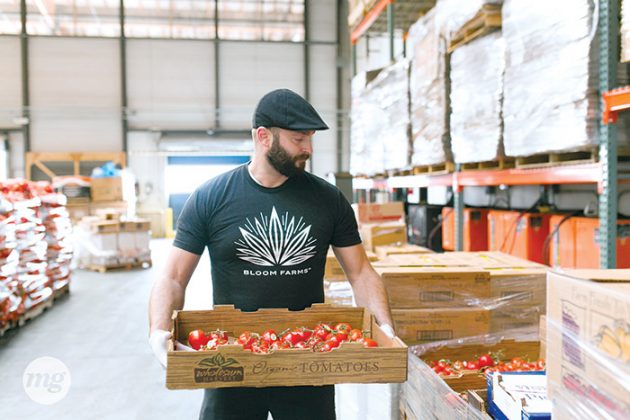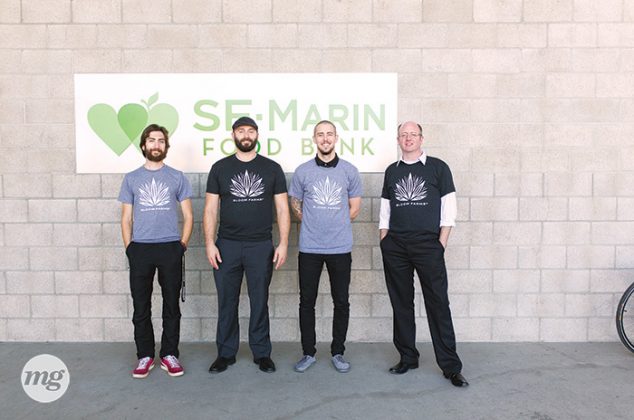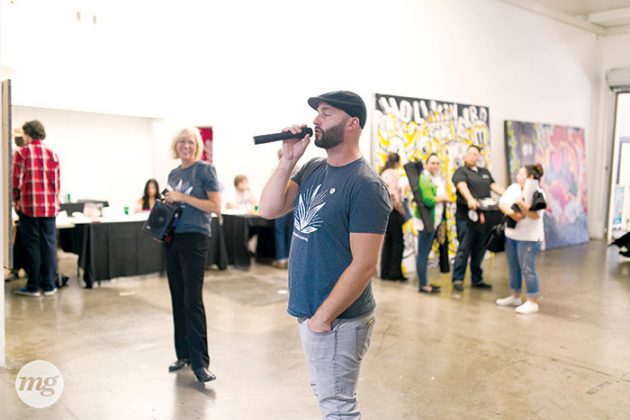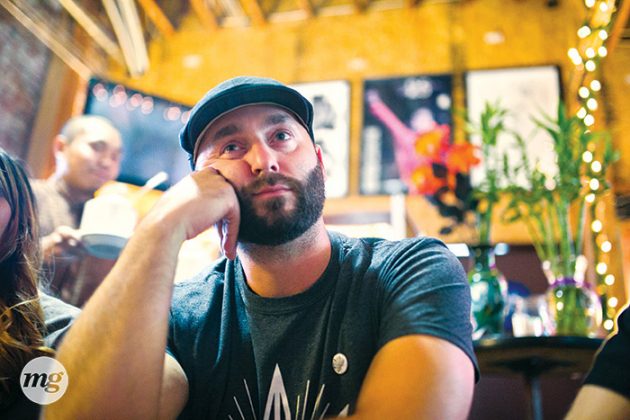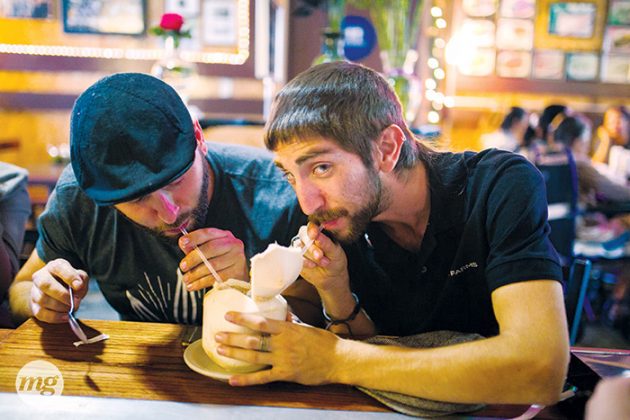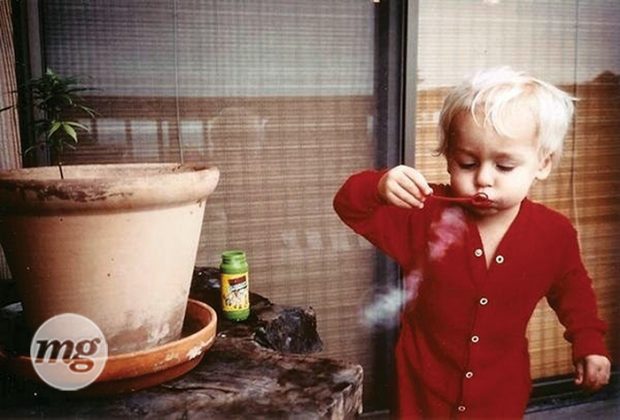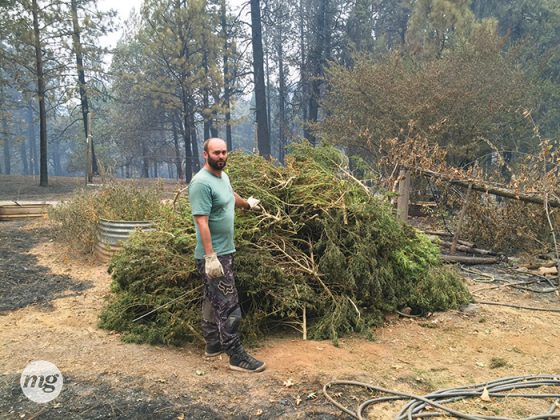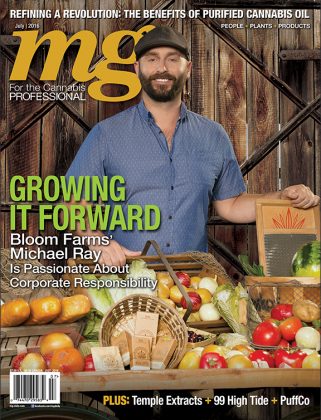A commitment to quality and corporate social responsibility defines Bloom Farms and its motivated founder, Michael Ray.
As the march toward nationwide legalization gains momentum, cannabis companies of all types and sizes are getting serious about developing brands that will resonate with people for years to come. Many companies focus their marketing narrative on products and services, often with an emphasis on health benefits, but others have taken a decidedly different route into the popular consciousness by establishing trust based on social responsibility and public service. One such company is San Francisco-based Bloom Farms, whose 36-year-old founder and director, Michael Ray, has in a relatively short time established a reputation for leading by example. It’s no coincidence that Bloom Farms’s mission to create a better world melds seamlessly with its commitment to produce high-quality vape products that exceed the expectations of its patients.
“At our core, our mission is to improve the quality of life for all people,” Ray explained. “Whether it’s a child who goes to bed hungry at night or someone suffering from chronic pain, if we can improve their life just a little bit, then our mission is successful.” The mission reference is not just conceptual, but part of the company’s core identity. Bloom Farms’s tagline reads: A Medical Cannabis Company on a Mission.
Like a lot of people in the industry, Ray’s relationship with the plant began in his youth. “I was born in San Francisco, and when I was about six or seven we moved to the Sierra foothills in Calaveras County, to property my father had bought in the early 1970s,” he said. “It was a high-density cultivation area and my father, who was an airline pilot, let a hippie commune use the property. He was excited to participate in the culture of the commune even though he was not able to partake in the plant. The commune only lasted a few years, but the property, Bloom Farms, remains in the family to this day.”
Ray’s family did not grow cannabis, but the families of many of his closest friends did. “It wasn’t just a little bit of money on top of their other jobs,” he recalled, “but their only income, their bread and butter. I realized this was a real industry that supported people I cared about, but also that people were being arrested and sent to jail for long periods of time for what I believed was a victimless crime.”
He also learned other hard lessons during that time. “Calaveras was one of the poorest counties in California,” he said. “As a kid you’re clueless about your surroundings, and I never really understood why my house was so popular on weekends and during the summer. It was only later that I realized a lot of the reason was because we always had good, home-cooked food available, and a lot of my friends didn’t.” That awareness stuck with him for years.
After graduating from high school in 1997, Ray went to college in Santa Barbara, but within a year or so he was itching to “get into the real world. So, I moved to New York City, where I took a job as a Wall Street day-trader for a firm called Broadway Trading. I was 19-years-old, and they were hiring anyone who could push buttons.”
That was in was 1999. The tech bubble was booming, and stocks were sky high. “It was culture shock, but exactly what I wanted—the classic story of a country boy in the city with a job at a day-trading firm on Wall Street,” said Ray. “With help from some senior traders, I basically taught myself how to make money in that business. I lived in mid-Manhattan, and within twelve months I was one of the youngest successful traders in the office, making $30,000 one day and then losing $20,000 the next.”
Eventually, the bubble burst, trading became riskier, and in 2002, at the tender age of 23, Ray returned to California and bought a transportation business in Santa Barbara. “It provided airport shuttles and wine tours, that sort of thing,” he said. “I built it out, tripled the number of vehicles, staff, and revenue.
“It was not a very sexy or exciting business,” he admitted, “but it offered a learning experience in how to build and run a business. But after four or five years of that, I decided I wanted to get back to New York, so I moved back for a second bite at the apple.
“Entrepreneurship was driving me at this point in my life,” he explained. “I knew I didn’t want to work for anybody else, and I thought my passport to success was to be my own boss and to build something. That’s what I wanted to do with the transportation business, but it wasn’t scalable to the level I wanted.”
In 2007, however, a new bull market beckoned. “The market was really starting to rebound and approach new highs again,” said Ray. “That was interesting to me, and I wanted to get back on the trading floor—for the adrenaline rush and the opportunity to make real money.”
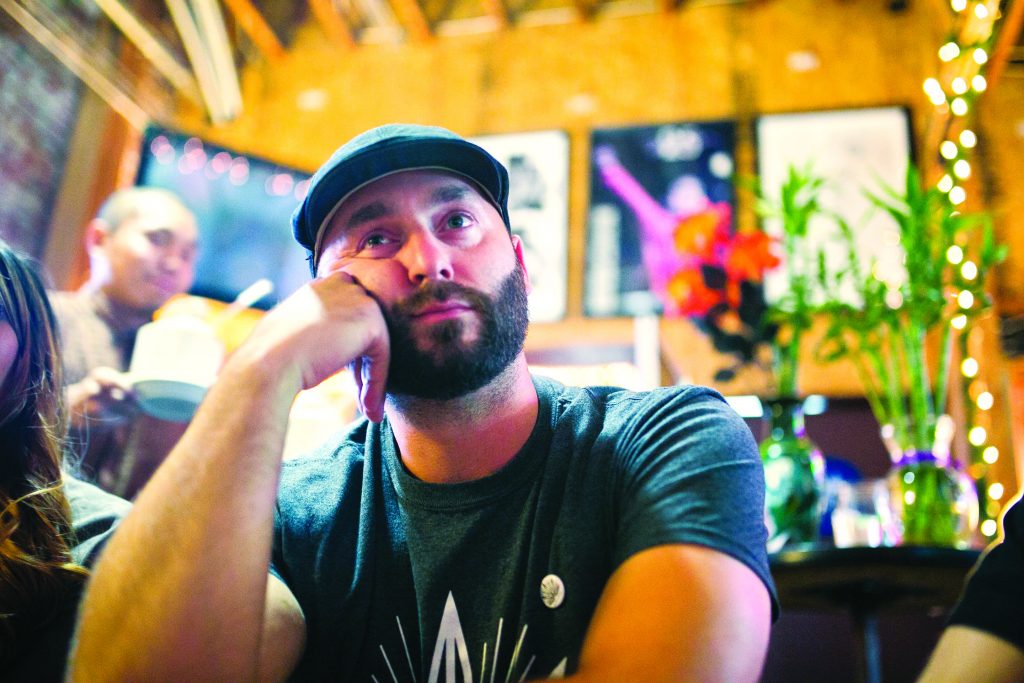
But the bull turned tail. “Within months of my moving back to New York, banks were going out of business, the financial world was in collapse, and the country went into a deep recession,” said Ray. “Housing was destroyed, and the subprime markets fell apart. It was a scary time, and we were speculating that if the Fed didn’t step in to save the banks, the ATMs would soon stop spitting out money for people. It was certainly a tough time to make money as a day-trader, and in late 2009, I couldn’t take it anymore and moved back to San Francisco. I hadn’t lost any money, but the risks were no longer worth the reward.”
Returning home marked Ray’s real entry into the cannabis business. “After I moved back to California, I got back in touch with old friends, some of whom were doing really well in the cannabis space,” he recalled. “With the social stigma toward cannabis shifting, I was drawn to it as an excellent opportunity for the future. So, in 2010 I started a very small indoor cultivation in the Bay Area.
“It was very small; we had about 12 lights,” he said. “At that time, people were still being raided and locked up for mandatory minimum five-year sentences. That’s not at all what I wanted to have happen, so I stayed small. The risk was high, but I wanted to play in the space, absorbing and learning as much as I could from my friends and mentors.”
Over the next few years, Ray’s operation was never large enough to make a lot of money, but his flower always sold right away and he had enough business to pay himself a reasonable salary after expenses.
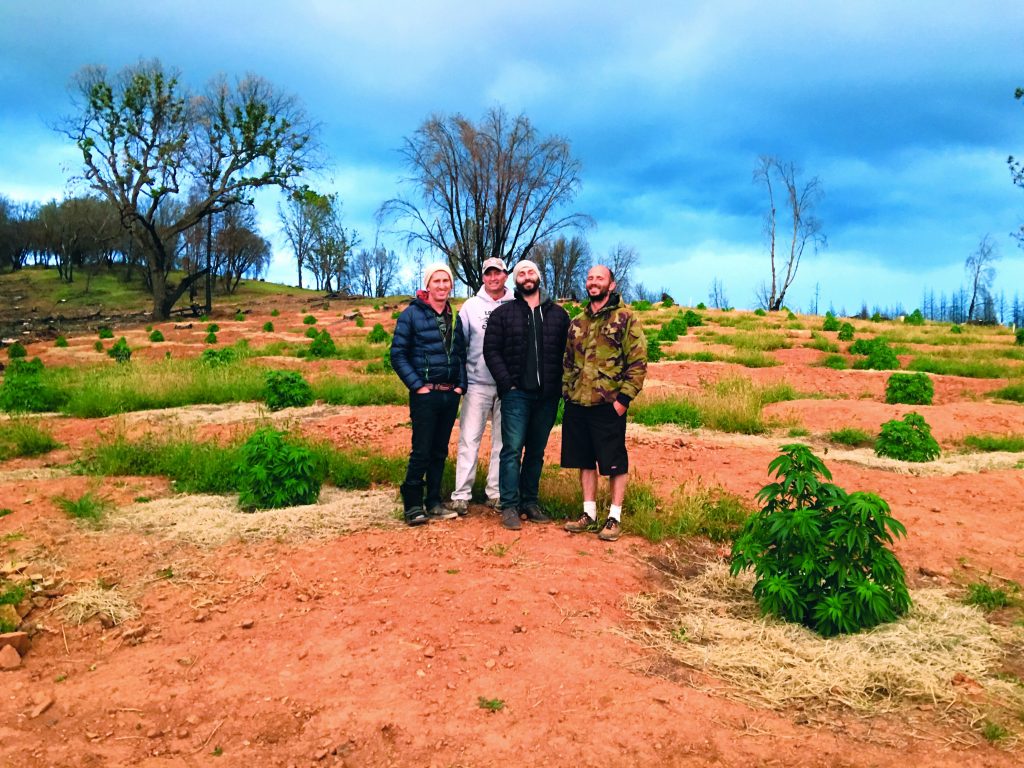
Bloom Farms
Ray founded Bloom Farms in mid-2014. Today, its products are available in approximately 350 dispensaries throughout California. The company’s flagship product, the Highlighter, is “a portable, smokeless, cannabis oil vapor pen,” which comes packaged in an Indica or Sativa “Complete Set” that includes a battery, a 500mg cartridge, and a USB charger. Individual cartridges also are available separately.
Ray is especially proud that Bloom Farms makes its own oil. “That’s one thing that distinguishes us from a lot of other brands that will just purchase white-label oil and load it into vape pens,” he said. “We don’t do that. We produce all our own oil, which is sourced only from responsible family farmers who care about the land, care about the patients, and care about the product. We use 100-percent CO2 extraction,” he added. “No petroleum-based hydrocarbons, no butane, no propane, no hexane.”
Unlike many other brands, Bloom Farms limits the number of products it markets. The company rolls out new ones only when demand necessitates. “Our plan for new products is to listen to our consumers,” Ray said. “I am committed to giving them what they want, and as we grow into an extremely trusted brand, people will look to us to fulfill their wants, whether its flower, pre-rolls, or edibles. I haven’t ruled anything out.
“The one thing I am focused on,” he continued, “is making sure that we always stick to a strategy of doing a few things very well, rather than a whole lot of things mediocre. We are constantly doing [research and development] and improving our processes. Our oils today are ten times better than they were two years ago, and they will continue to improve as time goes on. We’re committed to it.”
Potency
Ray also is committed to limiting the potency of Bloom Farms oil. “One of our main goals is to not focus on the ultra-high-potencies, because the product was created from a personal desire of mine and I have a very low tolerance.” He explained, “I don’t like 70-percent THC products or high-potency edibles. I like low-potency edibles, flower, and concentrate.”
The decision could cost the company some sales, a prospect Ray accepts with typical insouciance. “I’m okay losing some market share to take an ethical stand on potency,” he said. “I think there is a large enough market, especially with the influx of people who will be coming in with adult use. Many of them will have a low tolerance and will not want the strongest thing out there. We’re going after a more mature consumer who prefers a fine wine or a Belgian beer.”
The ethical stand on potency is inseparable from the Bloom Farms brand and is something Ray feels very strongly about. “I think one of the mistakes people make branding in this market is that they focus 100 percent of their energy on the quality of their product,” he said. “This is a common mistake that I see with so many brands. A quality product has to be a given. What makes you different is the message and the image you portray.
“Take, for example, Nike,” he continued. “Can you imagine if Nike’s theme for branding was, ‘Our shoes are made of the best-quality leather, and we have better stitching than other brands’? How many shoes would they sell with that message? No, when Nike presents their brand, they’re unleashing the beast. You’re a professional athlete; you’re Tiger Woods or LeBron James.
“The question is, what does your brand provide people beyond the product? This is what defines us at Bloom Farms, that we support the reasons why people enjoy cannabis. We support relief, whether it’s of chronic pain, insomnia, or anxiety. We support relaxation, whether it’s at the end of a hard day’s work or a stressful time in life. We support creativity, whether you’re an artist, writer, or musician. And then the fourth and final thing Bloom Farms supports is fun. Whether it’s a dinner party with friends, a music festival, or a night out with your significant other, cannabis enhances life. All of these things are what Bloom Farms stands for, and why people relate to us so well.”
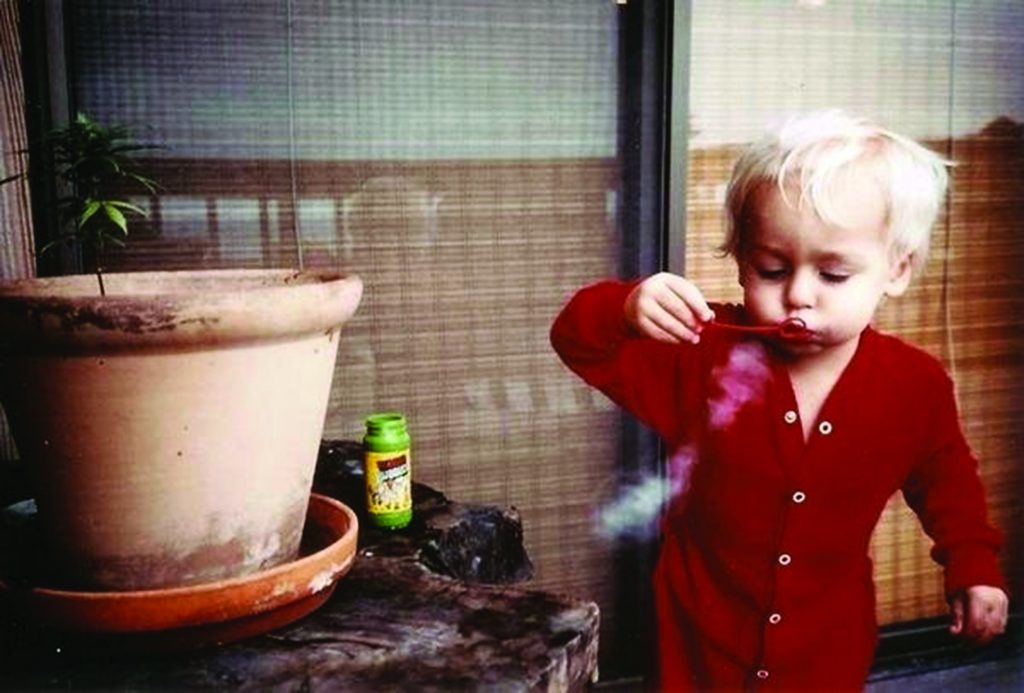
Career Fairs and Budtender Bashes
Bloom Farms is equally adept at producing live events that deftly conform to the company’s four-pronged mission. The inspiration for the events came at the same time. “I was lying in bed one night and came up with the idea for two different events I wanted to start producing: the Cannabis Career Fair and the Budtender Bash,” said Ray. “We did the first Career Fair in July 2014, literally a month after we launched the company.
“It’s been wildly successful, with thousands of people attending,” he continued. “Our highest individual attendance was about 1,800 people and twenty-six employers. It was so interesting for me to see how passionate people are about finding a place for themselves in the industry, and I’m proud that we were able to connect so many people with so many qualified employers, and through that connection create hundreds of jobs. We always follow up with the employers to see how much value they got out of the event, and it’s been astounding. I plan to continue to put on the job fairs throughout California or any other state where we offer Bloom Farms products.”
The Budtender Bash, explained Ray, is essentially “industry night, which we throw specifically for people who work within the industry. We call it the Budtender Bash, but it’s open to anyone who works in the industry and risks so much to bring this plant to the people. It’s a free event where people can network and have a fun night out. We also make sure not to have it be overly commercialized. We don’t have sponsors, booths for vendors, or banners hanging everywhere. My feeling is that there are plenty of events where people are being sold to, and I wanted this to be different, a non-commercial event, and people have really connected with it.”
Bloom Farms has hosted six of each event—five in San Francisco and one in Los Angeles—usually scheduling them close to one another. The next ones are set for September in Los Angeles. “I would also love to bring them to Sacramento, San Jose, and San Diego,” he said.
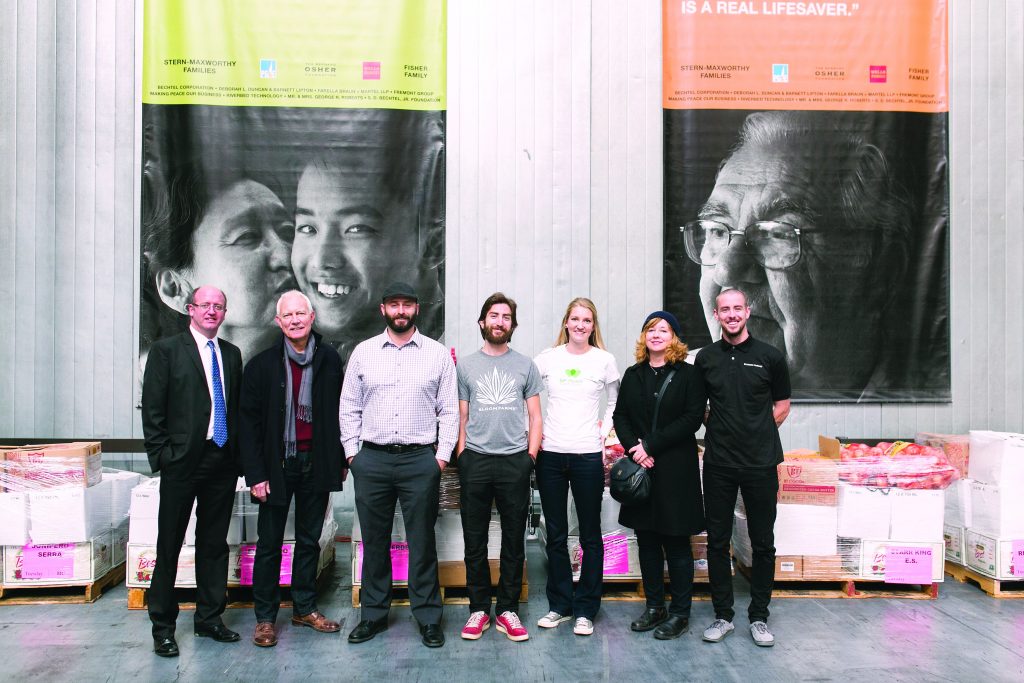
One million meals
In December 2015, Bloom Farms launched a one-for-one giving program called “Bloom Gives” that finally addresses Ray’s lifelong concern about food insecurity. A percentage of the proceeds from each product sold in a licensed California medical marijuana dispensary is donated to a food bank. One product sold equates to one meal provided to an individual or family in need. Originally, the company partnered with the SF-Marin Food Bank, but in mid-June of this year, Bloom Farms added two new food banks to the program: the Sacramento Food Bank & Family Services and World Harvest in Los Angeles.
“Our goal is a million meals delivered in 2016, and we’re making great progress,” said Ray. “I’m a believer in setting goals very high, but why not shoot for the stars?” Hitting the million meals mark is not really the point, though. “We’re organizing food drives and inspiring others to join our mission,” said Ray. “I would love it if anyone who reads this article, if it strikes a chord with them, to join us in our fight against food insecurity.
“I want to inspire others to give something amazing back as well,” he continued. “That’s our company’s core value, to give something amazing back. Sure, we can give away a million meals, but how much better off will we be if we enroll two dozen companies to join our mission?”
Website: getbloomfarms.com
Wholesale Orders: 415-967-0994; [email protected]







